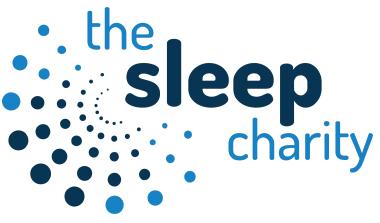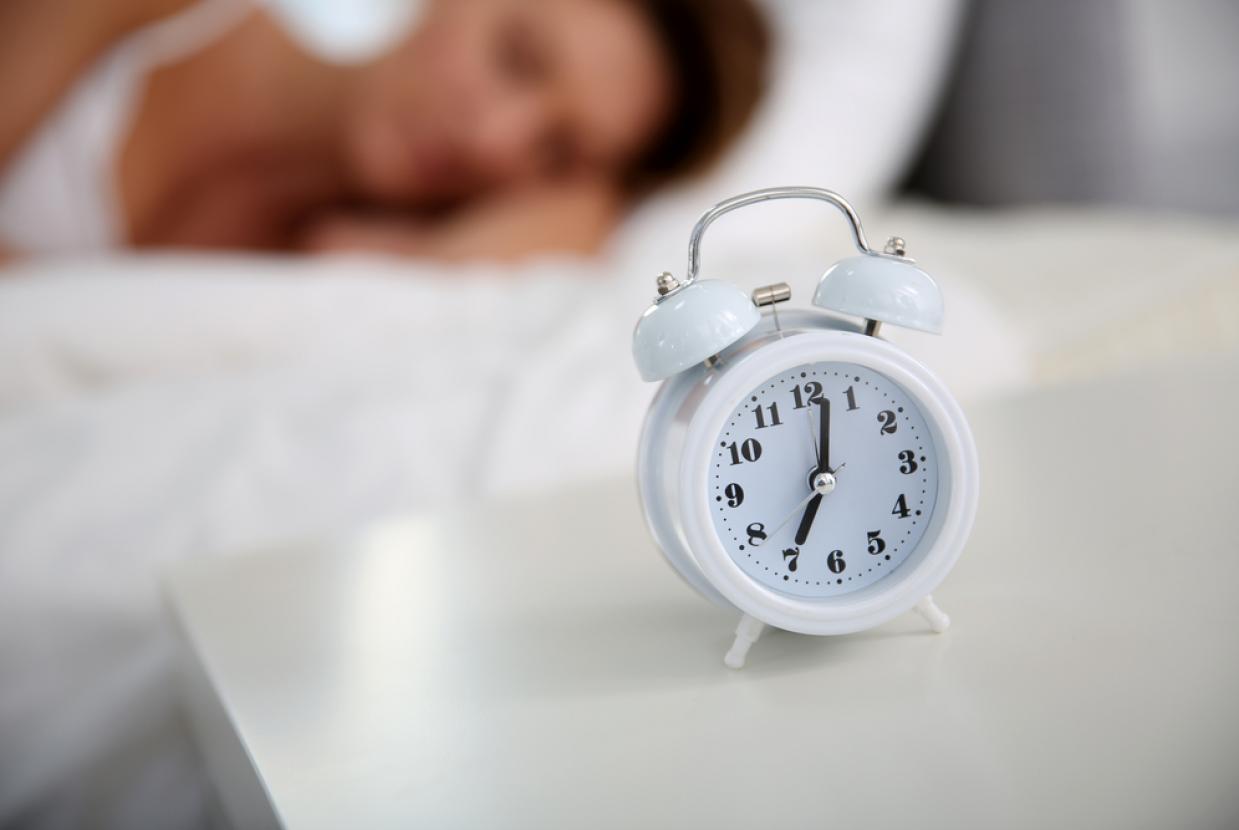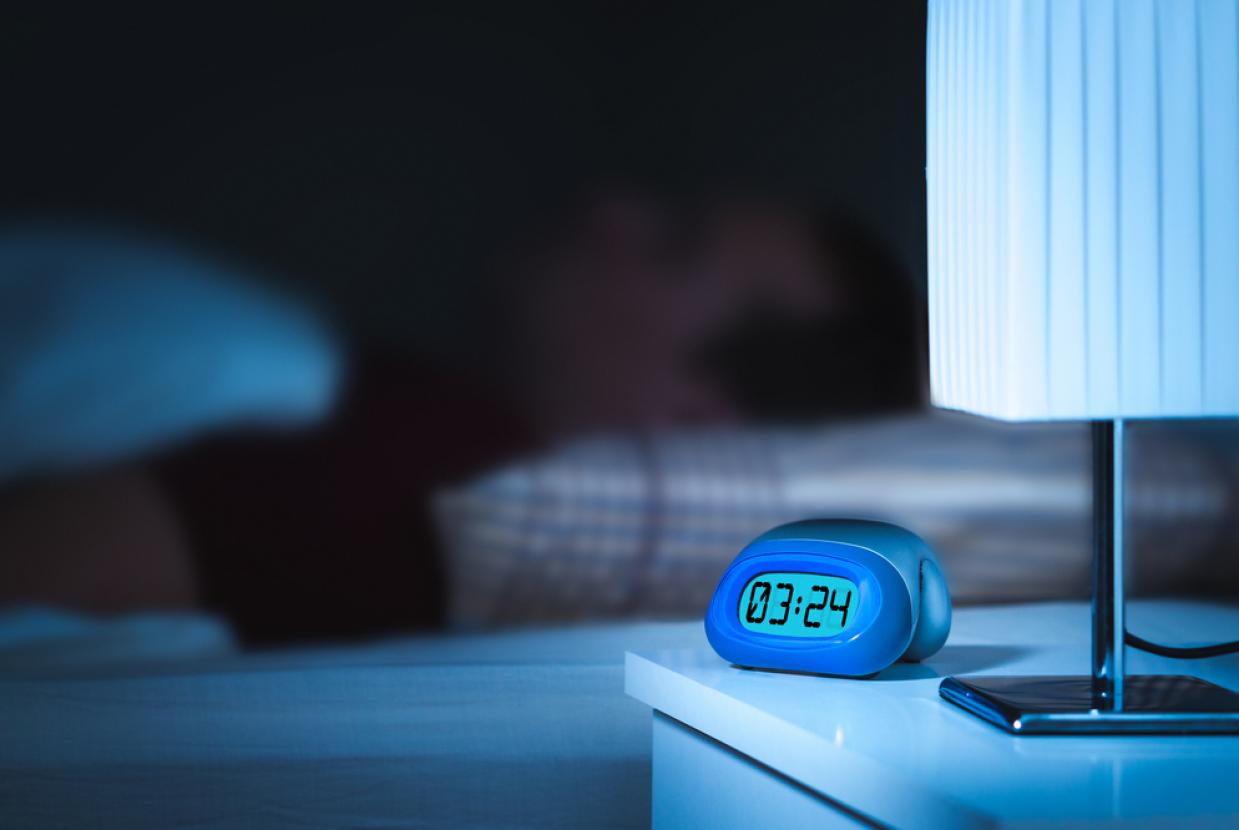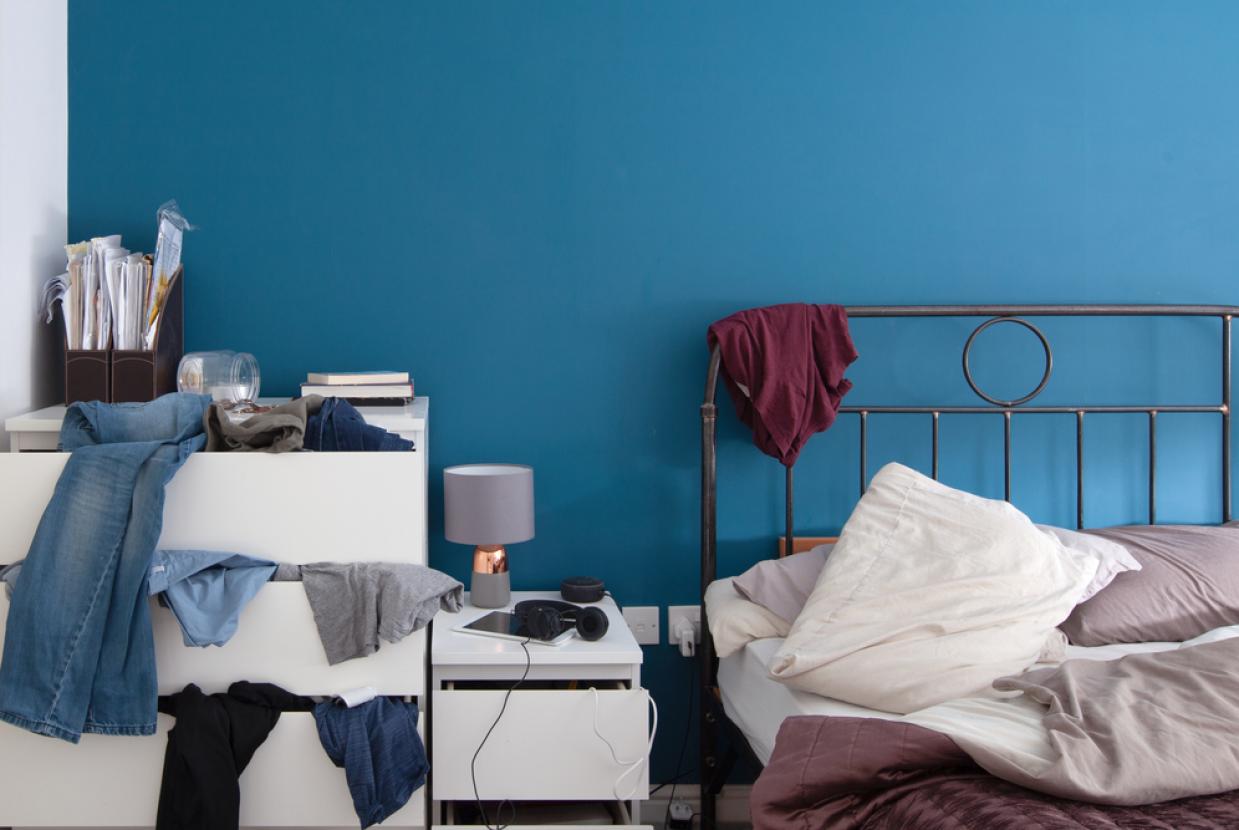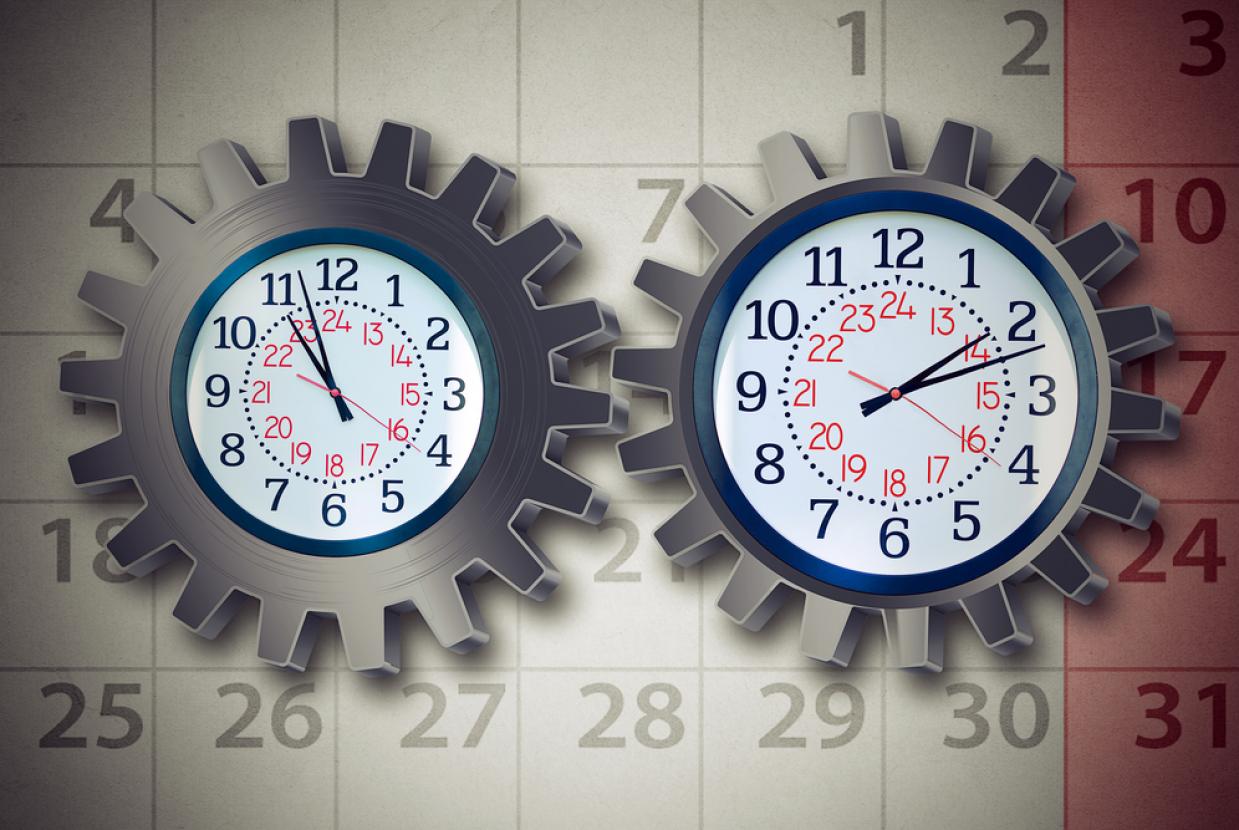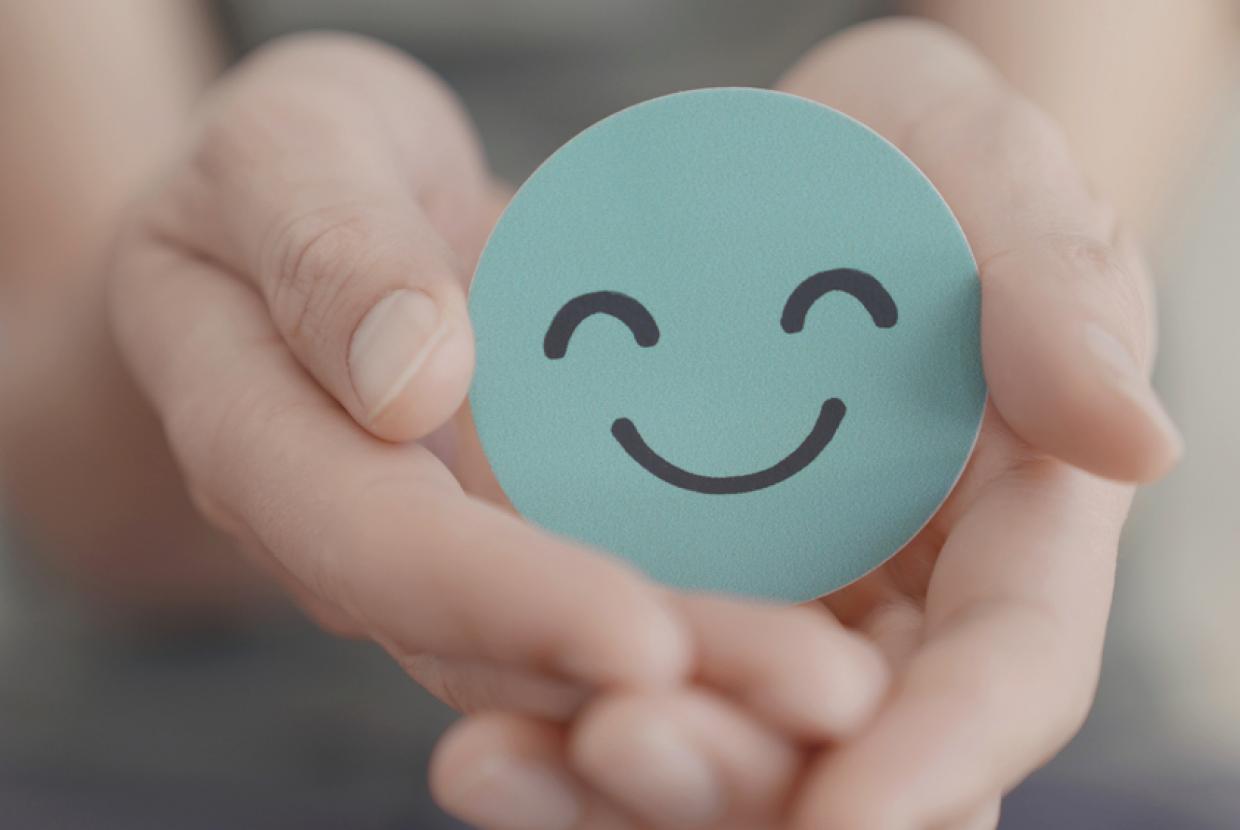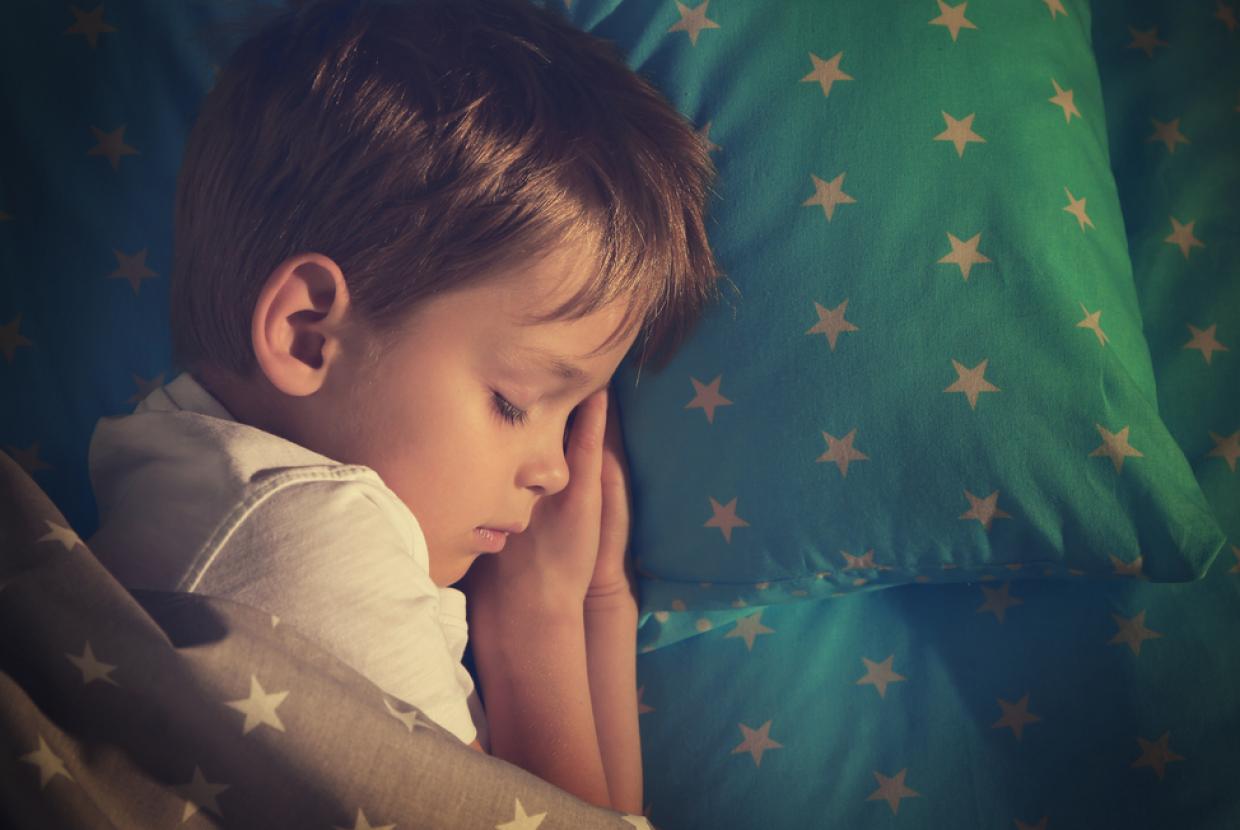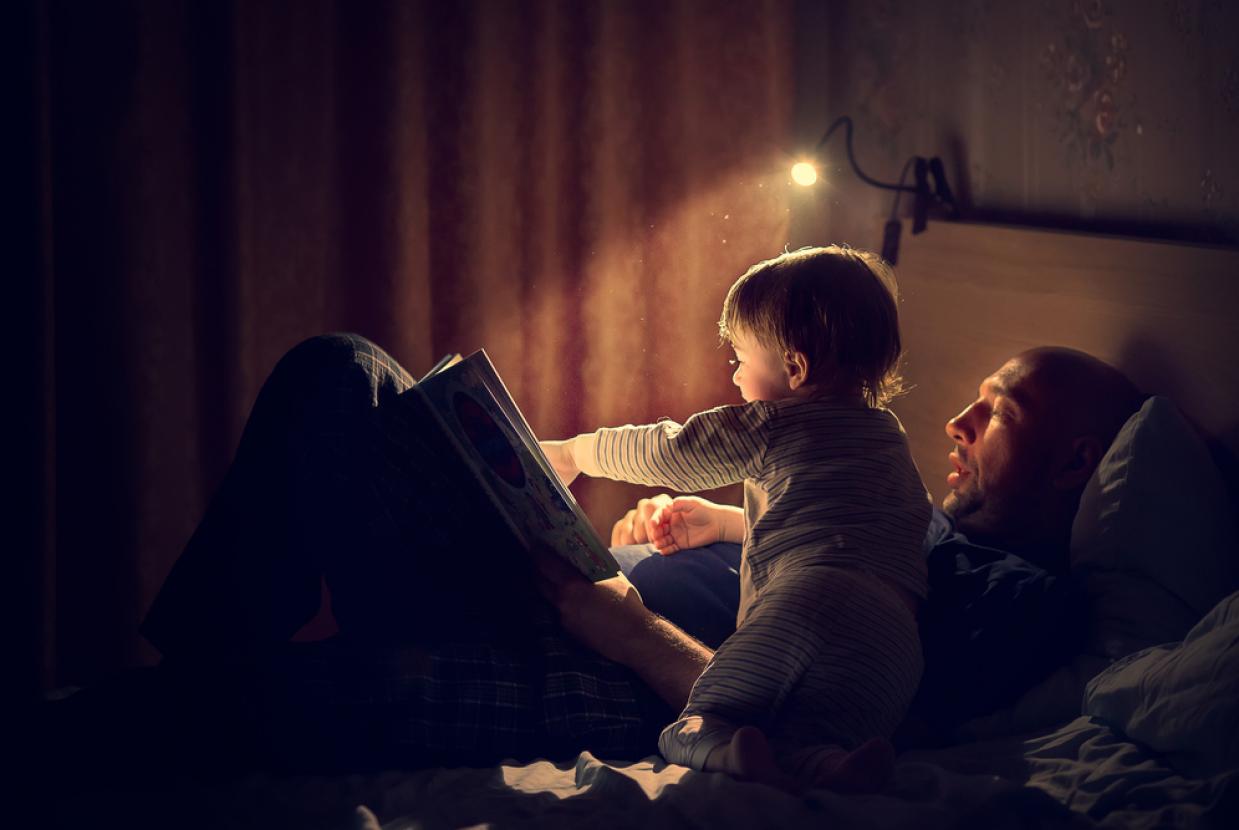Babies & Sleep
Just like adults, all babies sleep differently – some will sleep more, some will sleep less. New parents often feel under pressure to have a baby that sleeps through the night.
Babies wake up for lots of different reasons e.g. growth spurts (usually around 1-3 weeks, two months and three months), teething, tummy aches and needing changing. They also cry to express a range of emotions including when they’re tired. It can be useful to try and differentiate between cries.
At birth babies don’t distinguish between night and day and this awareness develops gradually within a few weeks and is established by two months. There are other reasons that can impact on a baby’s sleep such as reflux, so if you do have concerns around your baby’ sleep make sure you broach them with your Health Visitor or GP.
Three Month Milestone
By three months, you may find it helpful to introduce a routine. Your baby is becoming more skilled at recognising cues and their sleep cycle extends to around 90 mins. It’s still important to recognise at this age babies can still wake in the night.
Six Month Milestone
Around six months, there is an introduction to solid food, and you may find that your baby reduces their night-time feeding. At this age they start to become more socially aware so may get separation anxiety, teeth may start to come impacting on sleep and you may find they are more mobile in the cot.
Sleep Regression
Babies sleep patterns change and quite often sleep regression happens around four months, nine month and 12 months. This is typical development and happens as they grow, learn new skills, feeding habits change and naps become disjointed. It’s important to feel reassured that is normal and part of the growing stages.
Sleep Tips
- Look out for yawns, staring and eye rubbing as signs they’re ready for sleep. You may notice they become noisier if they are over-tired which makes it harder to fall asleep
- Can be helpful to try to put babies in the cot when awake
- Babies love repetition so a routine will help them to predict night-time
- Make the environment look different at night-time
- Schedule naps to support the circadian rhythm
- Keep the room temperature cool
- Ideally feed around 45 minutes before sleep time and not in the bedroom environment
- Consider singing the same song each night as you get your baby ready for bed
- If you use a dummy, give it to you child to put in own mouth once able to do so
- Most importantly, do what feels right for you and your baby – be confident in your decisions.



